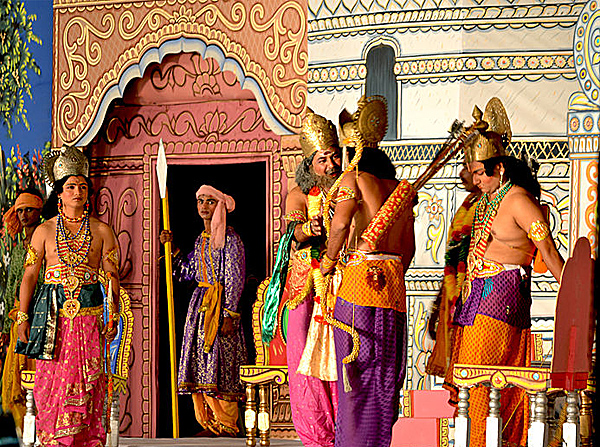
Who can forget the classic scene from Bollywood film Jane bhi do yaro when actor Om Puri enters the stage dressed as Bheema wearing aviator sunglasses and a mace across his shoulder, frantically pacing the stage? What unfolds then on is a theater of the absurd.
While depicting the epics , the folk theater utilizes exaggeration as a strategy and a technique to evoke contemporary themes. Stories that were never part of the written texts, were appended through impromptu performances in these folk theaters, to highlight any given contemporary issue. Popular mythologies thus used the contested space between the traditional and the colonial worldviews to change the landscape of Indian mythological narratives. The following episode noted in a folk performance from North Karnataka highlights the predicament of transgendered individuals .
When Rama walked towards river Sharayu to spend the next fourteen years in exile, all the people of Ayodhya who loved him dearly followed him crying their hearts out. They walked all the way to the river, where Rama, Sita and Lakshman got into the ferry to cross the river. As they got into the ferry Rama bade them goodbye with folded hands and with much concern addressed them “My brothers and sisters please go home now. I will come back after fourteen years”.
Thus he went on an exile. Within the span of those fourteen years, his wife Sita was kidnapped by Ravana, he had to fight a war, kill Ravana and retrieve Sita. As the prescribed period of fourteen years were completed, Rama returned to Ayodhya. He arrived by ferry to the very same spot on the river bank from where he had left. To his surprise he saw a small group of people huddled around the the spot. Their hair and beard had grown long and grey, nails had turned black and uncut, their clothes tattered. It suddenly dawned on him that this small group of people had stood rooted to the same spot for fourteen long years waiting for his return.
Suppressing his dismay, Rama asked them why they had waited for so many years without returning to Ayodhya. They replied “O Rama, when you bade goodbye, you said ‘my brothers and sisters’ go home. But we are neither male nor female- we are the eunuchs of Ayodhya and thus you didn’t bid us goodbye, nor did you tell us to go back home. So we have been standing here all this while, waiting for your return”.
Rama was deeply touched by their devotion and felt ashamed of his oversight. So he blessed them “O eunuchs of Ayodhya, I am greatly touched by your devotion. May your breed prevail in free Bharata.”
———————–
Story collected by: Vidya Kamat
Text source: The collected essays of A. K. Ramanujan
Location: Karnataka
Image: wikipedia







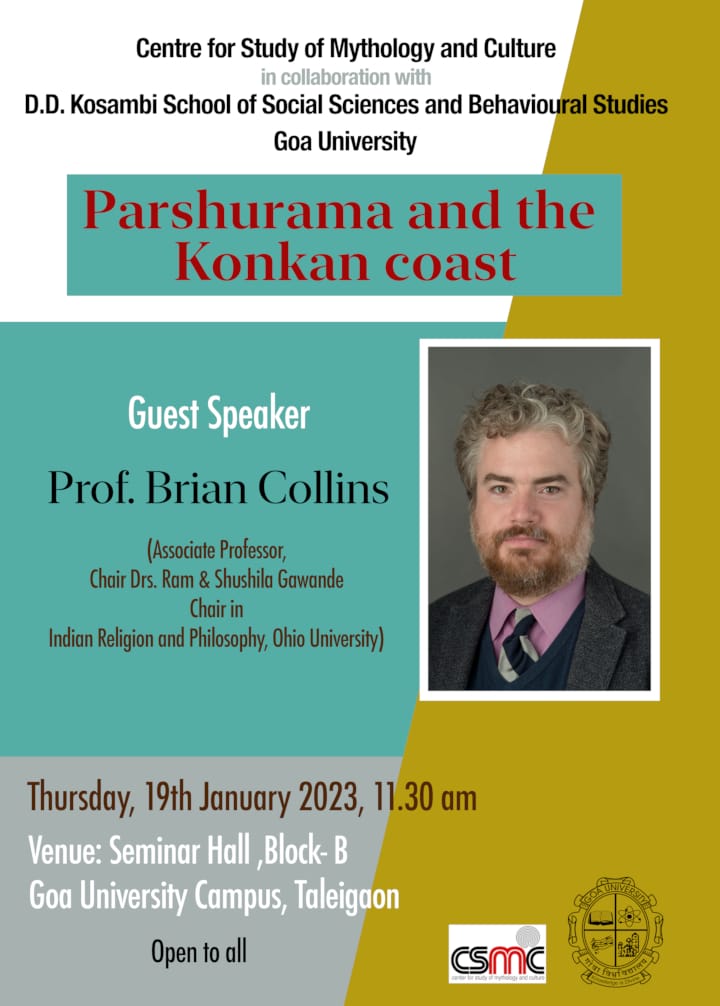
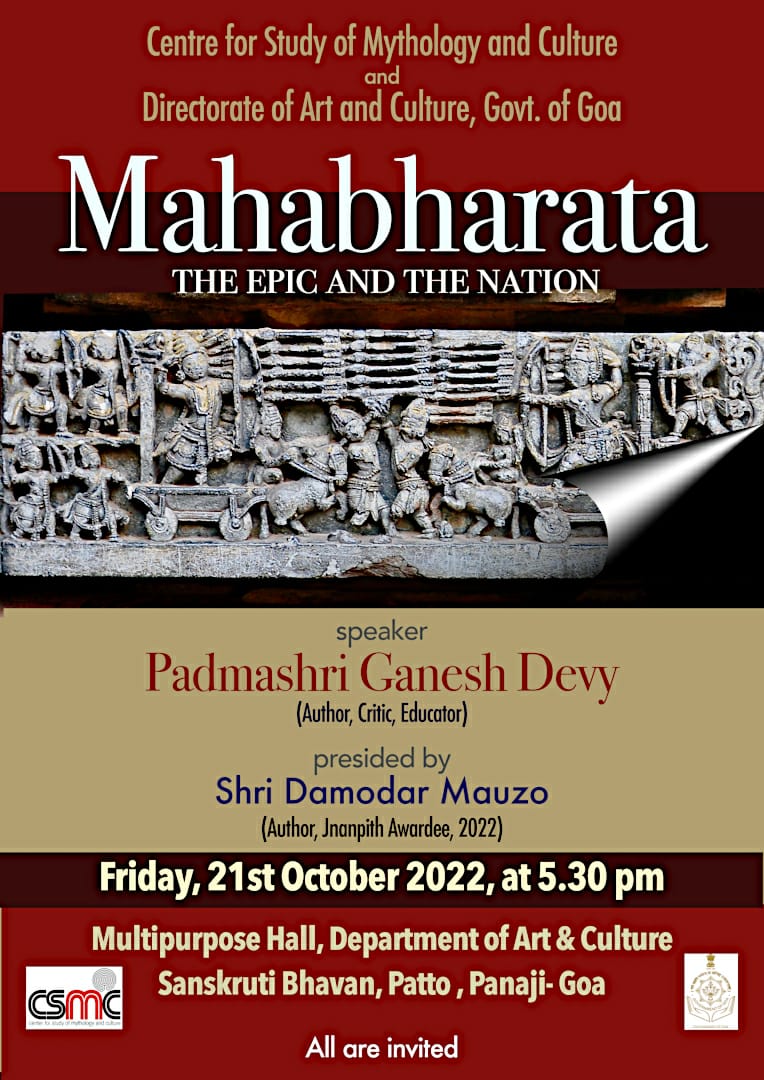
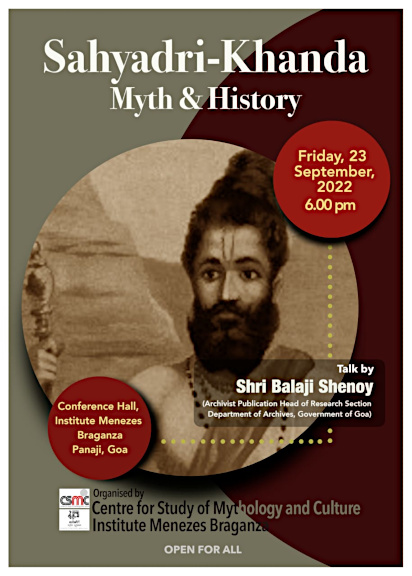
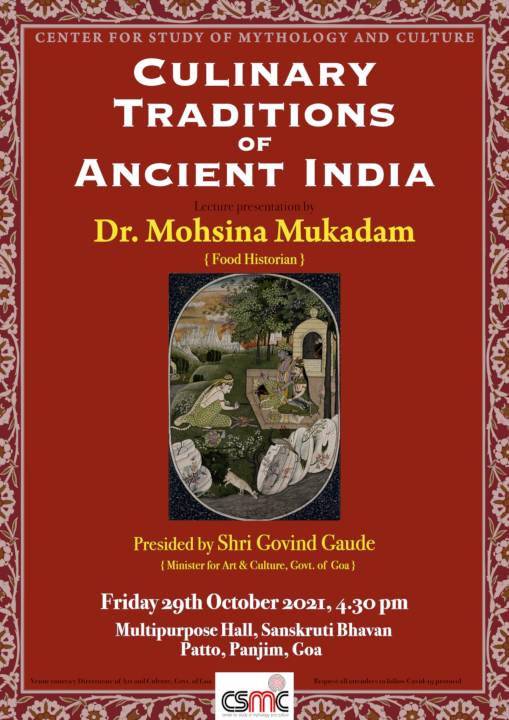

Leave a Comment